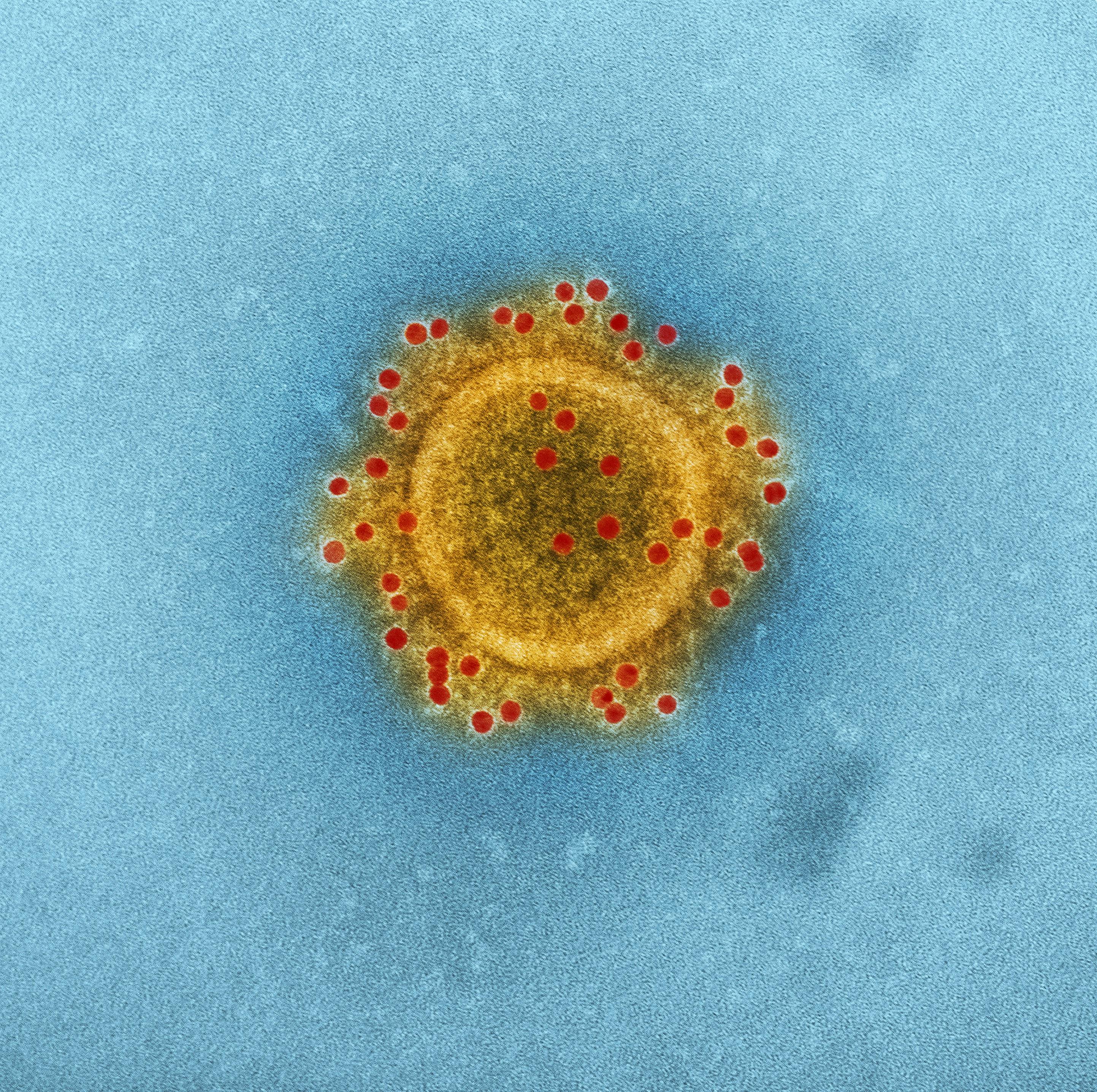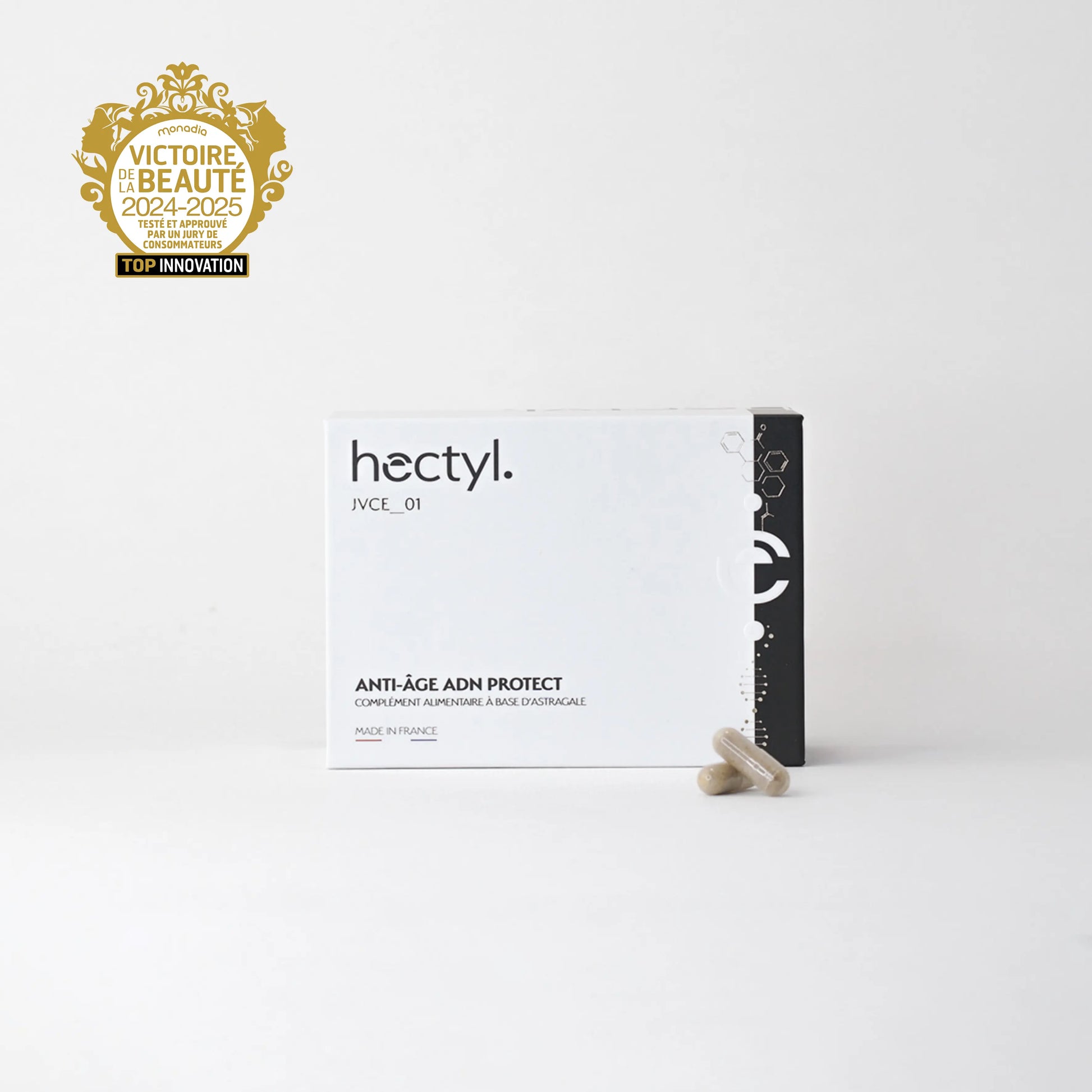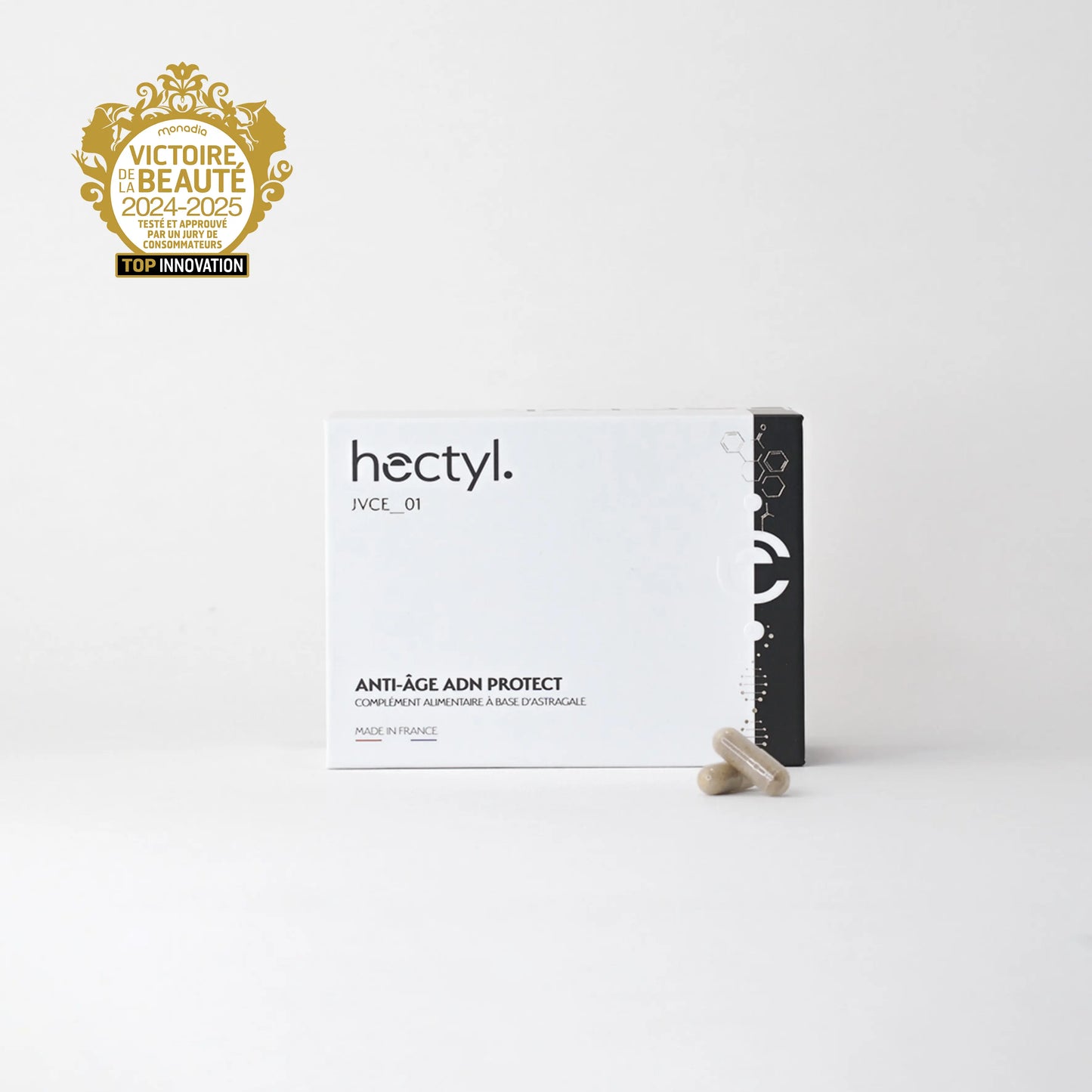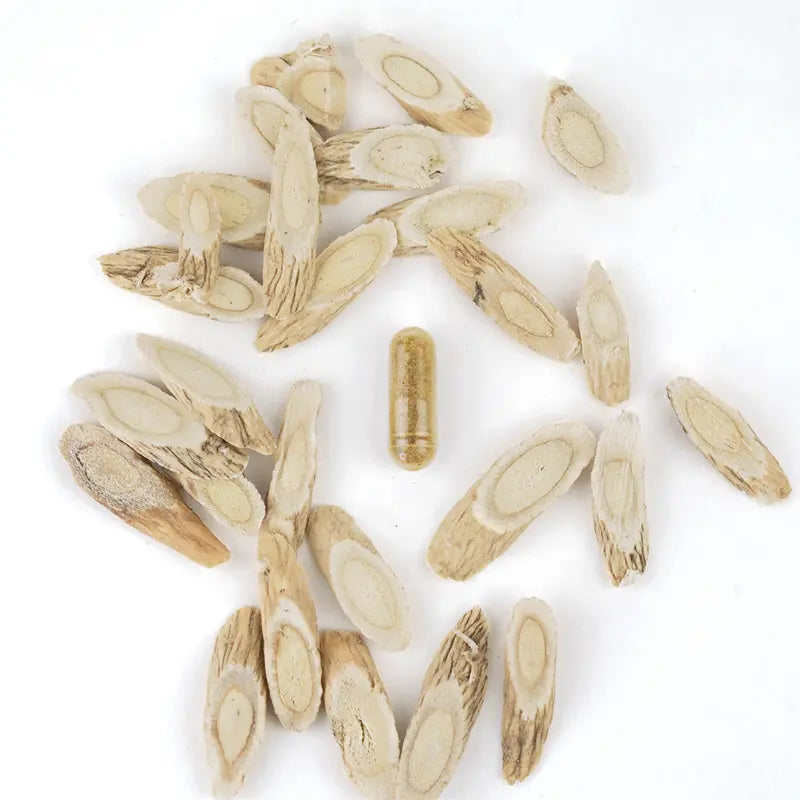
ingredient sheet
L-CARNOSINE (CARNOSINE)
L-carnosine, a dipeptide naturally present in the human body, is prized for its anti-aging and antioxidant properties, helping to protect cells from oxidative stress, reduce wrinkles and promote firmer, more radiant skin.
HECTYL INFORMS YOU
THE BENEFITS OF L-CARNOSINE

CELLULAR YOUTH
L-carnosine plays a vital role in scavenging reactive oxygen species (ROS), commonly known as free radicals, as well as alpha-beta unsaturated aldehydes produced during fatty acid peroxidation in cell membranes during oxidative stress. This process helps delay cellular aging by preventing senescence and promoting the rejuvenation of healthy cells. By acting as a powerful antioxidant, carnosine helps protect cells from oxidative damage, helping to maintain their long-term function and structural integrity.
MUSCLE RECOVERY
L-carnosine offers several benefits during intense physical activity, including reducing the level of lactic acid produced during sprints and endurance efforts. It plays a crucial role in protecting against methylglyoxal and reactive oxygen species (EOS), which helps maintain the proper function of mitochondria, the energy centers of cells. This protection against oxidative damage allows muscles to function more efficiently and delays the onset of muscle fatigue, promoting improved physical performance and faster recovery after exercise.
NEUROPROTECTION
L-carnosine plays a crucial role in protecting nervous tissue thanks to its neuroprotective and anti-apoptotic properties. These effects are essential for slowing the progression of neurodegenerative diseases such as Parkinson's and Alzheimer's. By acting as a potent antioxidant, it helps prevent oxidative damage and neuronal degradation induced by reactive oxygen species. Furthermore, by inhibiting glycation and cellular cross-linking, it helps maintain the structural integrity of nerve cells. Given that the brain relies primarily on glucose as an energy source, carnosine's ability to protect against oxidation and neuronal deterioration makes it a valuable molecule for neurological health.
ANTI-GLYCANT
L-carnosine plays a crucial role in protecting against the harmful effects of advanced glycation end products (AGEs), thereby helping to prevent the development of diabetes and its complications. It specifically protects podocytes, which are epithelial cells essential for kidney function, as well as mesangial cells of the juxtaglomerular apparatus. These actions are crucial for maintaining kidney functionality and reducing the risk of increased atherosclerosis due to vascular inflammation in people with diabetes. A recent study conducted in Iran showed that carnosine supplementation could improve fasting blood glucose, as well as triglyceride and AGE levels in individuals with type 2 diabetes, highlighting its beneficial potential in the management of this chronic metabolic disease.
ANTI-INFLAMATORY
Chondrocytes, the cells responsible for the formation and maintenance of articular cartilage, are susceptible to oxidative stress, a process that contributes to cartilage degradation in joints. L-carnosine, thanks to its antioxidant and anti-glycation properties, may play a crucial role in protecting against this degradation. By scavenging reactive oxygen species (ROS) and preventing the formation of advanced glycation end products (AGEs), it helps reduce cellular damage and preserve chondrocyte integrity. Thus, carnosine may have an important preventative effect on joint health by protecting cartilage from the harmful effects of oxidative stress.
CANCER CELL PROTECTION
Indeed, carnosine has been studied for its potential anti-proliferative properties, particularly with regard to the inhibition of tumor cell growth. This action appears to be linked to several biological mechanisms. On the one hand, carnosine can interfere with glycolysis, the process by which cancer cells produce energy by metabolizing glucose anaerobically. By inhibiting glycolysis, carnosine could disrupt the ability of tumor cells to divide and proliferate.
Additionally, carnosine also acts as an effective antioxidant, protecting healthy cells from oxidative stress while potentially inducing a cellular response that limits tumor cell growth. This dual antiproliferative and antioxidant action makes carnosine an attractive candidate for further study of its effects in the context of cancer treatment and prevention.
It is important to note, however, that although promising, these properties of carnosine still require further clinical research to be fully understood and exploited in potential therapeutic applications against cancer.
HEALING AID
L-carnosine has indeed been shown to positively influence the healing process, notably by increasing the expression of growth factors and cytokines involved in this process. Growth factors and cytokines play key roles in regulating cell proliferation, differentiation, migration, and maturation of cells involved in tissue repair.
Through its antioxidant and anti-inflammatory properties, L-carnosine may promote an environment conducive to healing by reducing oxidative stress and modulating excessive inflammatory responses that could delay healing. In addition, it may act directly on cells involved in the wound healing process to accelerate the formation of new tissue and the restoration of damaged tissue functionality.
These effects suggest that L-carnosine may be beneficial in the treatment of injuries and wounds by promoting faster and more efficient healing. However, further studies are needed to better understand its specific mechanisms of action and to evaluate its therapeutic potential in this area.
Collapsible content
ADDITIONAL INFORMATION +
Carnosine, a peptide composed of beta-alanine and L-histidine, plays a crucial role in several aspects of human health. Naturally present in muscles, the heart, and the brain, it primarily acts by preventing protein glycation, a process in which sugars damage cellular structures. By capturing sugars before they form toxic products, carnosine helps maintain protein function and structure, thereby contributing to cardiovascular, muscular, neurological, and ocular health. Furthermore, its antioxidant properties protect cells from oxidative damage, thus supporting the fight against premature aging and various associated diseases. The decline in carnosine levels with age highlights its potential importance in preventing sarcopenia and other aging-related conditions, making it a key element in promoting longevity and overall well-being.
Hectyl ingredients
Hectyl formulas, reliable solutions based on patented ingredients and benefits supported by scientific studies.
Hectyl formulas containing L-Carnosine :

Hectyl
Jouvence_01 - Anti-aging DNA Protect
Share




